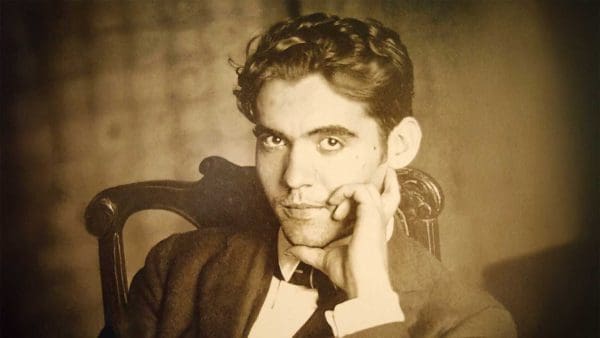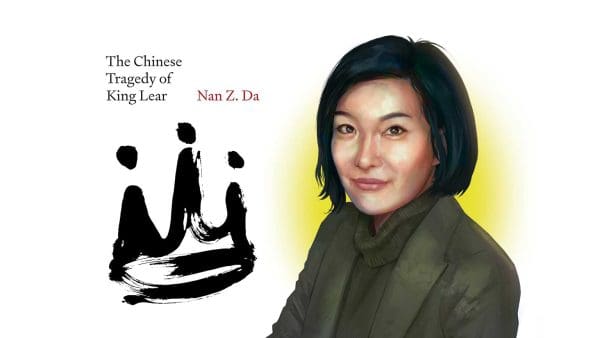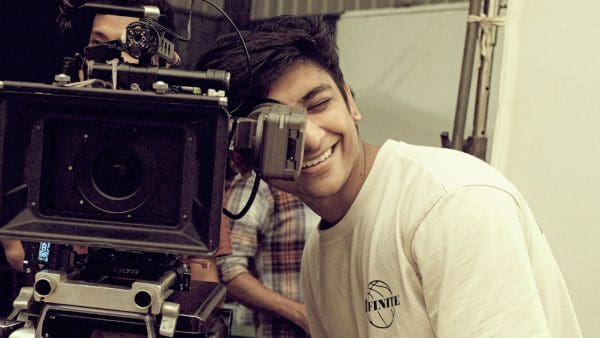
Margaret Renwick belongs to a community of linguists who are charting the changing voices of America through speech patterns and regional accents.
“Everybody has an accent. Our voices can reveal our identity: where we come from, what social groups we belong to, what age we are,” says Renwick, an associate research professor in the Department of Cognitive Science. “Linguists can explore these differences to model how and why language change happens, which we still don’t fully understand.”
Renwick is an editor of Movement, Economy, and Orientation: Twentieth Century Shifts in North American Language. The 2024 compendium of studies marking inter-generational change in communities across the U.S. One study she worked on examines the disappearance of the so-called Southern accent from the youngest generations in Georgia.
Community history
Now she is exploring Baltimore’s linguistic traditions with help from The Baltimore Neighborhood Heritage Project. It’s a collection of oral history interviews gathered from 1978 to 1981 and archived at the University of Baltimore (UB).
This community history project, which ended in 1982, was created by UB and the Baltimore Regional Institutional Studies Center. It features 232 interviews with speakers who were then living in seven of the city’s older communities: Highlandtown, Hampden, Park Heights, Little Italy, South Baltimore, Old West Baltimore, and East Baltimore. Many of the cassette tapes are already transcribed, which allows researchers to locate and analyze specific words and sounds in the audio signal.
The Baltimore Neighborhood Heritage Project offers a treasury of voices, native and immigrant, of Baltimore residents born between 1879 and 1951. Renwick says the oldest give insight into how people talked at the turn of the century.
“Once somebody reaches adulthood, their way of speaking remains relatively stable. That means we can treat the oral history of someone who participated in the project when they were in their 90s as a snapshot of how people talked around 1900.”
Renwick believes her work will give the original study new meaning. “I think there will be generational change, and we can ask really interesting questions about how and why. We’ve barely scratched the surface of what’s possible.”
Along with analyzing the existing material, Renwick plans to add present-day interviews that can help track, over time, specific ways that Baltimore English differs from that of nearby cities. She will also study generational differences and the impact of demographic shifts on the way Baltimoreans speak.
Studying dialects
Renwick received her PhD in linguistics from Cornell University. She worked as an associate professor in linguistics at the University of Georgia before joining Hopkins last year.
In her course “Who Has an Accent?” undergraduates investigate different dialects in English: Mid-Atlantic, Southern, California, United Kingdom, Australia, and New Zealand. They also study African American English, the umbrella term for English dialects spoken predominantly by Black people in the United States.
“As we speak, we not only transmit the strictly linguistic message— what words are intended—but also social information, health information, emotional, and attitudinal information,” Renwick says. “The listener’s cognitive system decodes all these layers from what is perceived as a single stream of sound.
“On the one hand, it’s fantastic that humans are able to perceive differences with such nuance. On the other hand, it leads us to snap judgments.”
As another way to think about “othering and the tribal nature of language,” she teaches “Sociophonetics,” in which students analyze speech using computers to understand how to quantify differences that lie along social lines.




